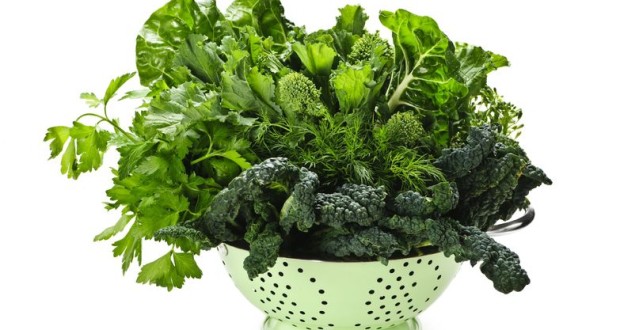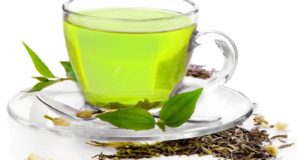If you’ve ever suffered a cut or burn – which covers just about everyone – then your body has experienced inflammation. Under normal circumstances, this bodily reaction is nothing to be alarmed about. This type of inflammation, called acute inflammation, is used by the immune system to protect healthy cells from external threats (often in the form of bacteria) and repair damage sustained by the body.
This defense mechanism only becomes a problem when the inflammation doesn’t subside after the body starts to heal. In some patients, the body will activate its inflammation-causing cells without the presence of hostile invaders (this phenomenon is often caused by auto-immune disorders). In either case, the result is the same: chronic inflammation that damages various tissues throughout the body.
The good news is that some relatively popular foods may help to reduce inflammation. The following list highlights some foods that have been found to have anti-inflammatory properties.
Fatty Fish – The term “fatty” doesn’t generally have a healthy connotation, but there are multiple reasons to add fatty fish to your diet. In addition to reducing levels of bad cholesterol, fish can also assist the body with controlling inflammation. Tuna, salmon, mackerel and sardines are brimming with omega 3 fatty acids, which serve to counteract the inflammatory effects of omega 6 acids.
Dark Leafy Vegetables – Growing up, you probably weren’t a big fan of spinach, broccoli, kale and other dark green veggies. Now that you’re older, you might want to give these foods a second look. Consider that dark leafy vegetables are all good sources of vitamin E (among many other nutrients). Research has found that this vitamin can neutralize inflammation-triggering molecules known as cytokines.
Nuts – When shopping out the grocery store, consumers have plenty of options when picking out nuts. Almonds, pecans, cashews, walnuts and good old fashioned peanuts are all healthy items you can easily find at the supermarket. Among their many benefits, nuts are a great source of antioxidants, molecules that can repair tissues damaged by inflammation. Antioxidants can also boost the body’s defenses against future inflammation damage.
Extra Virgin Olive Oil – Though it may seem like just an ordinary product, olive oil actually has a storied history dating back millennia. This golden liquid was a prized possession in both ancient Greek and Egyptian civilizations. Olive oil’s reputation has endured throughout the centuries, as nutritionists continue to sing its praises.
Numerous studies have reported that consuming an appropriate amount of olive oil can be beneficial to your health, serving to lower levels of bad cholesterol and decrease your risk of heart disease. Aside from these attributes, a study authored by Philadelphia’s Monell Chemical Senses Center concluded that olive oil could have anti-inflammatory effects on the body. The researchers noted that oleocanthal, a type of chemical compound found in the extra-virgin type of olive oil, could help keep inflammation at bay.
Green Tea – If you’re not a huge fan of tea, the following information might cause you to change your mind. Research has found that drinking green tea may assist in keeping inflammation under control. For example, a study from the Texas Tech University Health Sciences Center (TTUHSC) linked green tea consumption with lower levels of oxidative stress, a condition that negatively affects cells and often causes inflammation.
This particular report observed two distinct sets of participants. One group consumed 500 mg of green tea polyphenols each day, while the other did not (polyphenols are a type of chemical that promotes cell health). Over the span of 24 weeks, those taking the polyphenols saw a 50 percent decline in their levels of oxidative stress. The opposing group experienced no reduction whatsoever.
Garlic – Yes, garlic’s odor (and taste) can be repulsive to some people. If you’re able to stomach it, however, you might consider adding this well-known herb to your meals. In test-tube studies, garlic samples have exhibited anti-inflammatory traits, blocking the pathways that allow inflammation to occur. Studies involving animal subjects have reported similar findings.
 Natural Knowledge 24/7 Educate yourself with nutrition, health and fitness knowledge.
Natural Knowledge 24/7 Educate yourself with nutrition, health and fitness knowledge.






